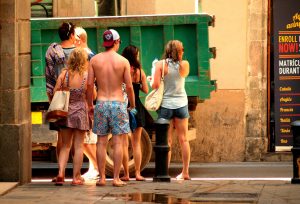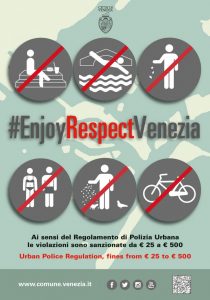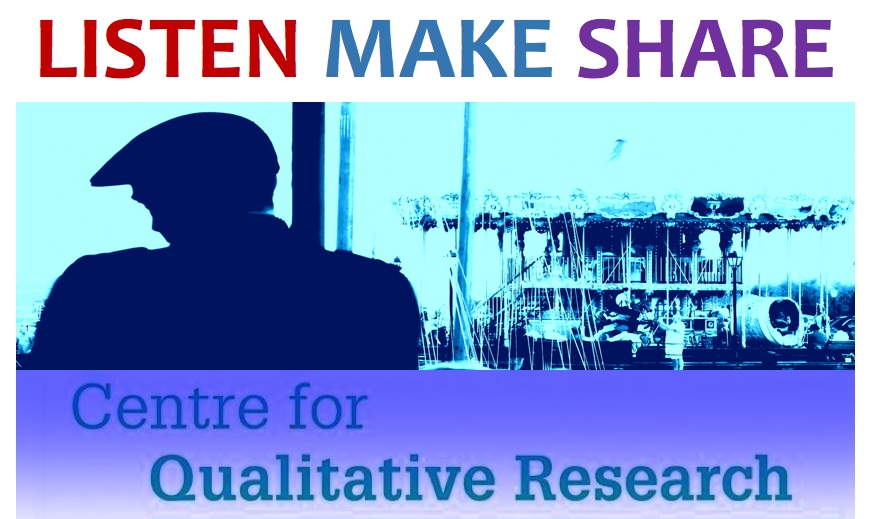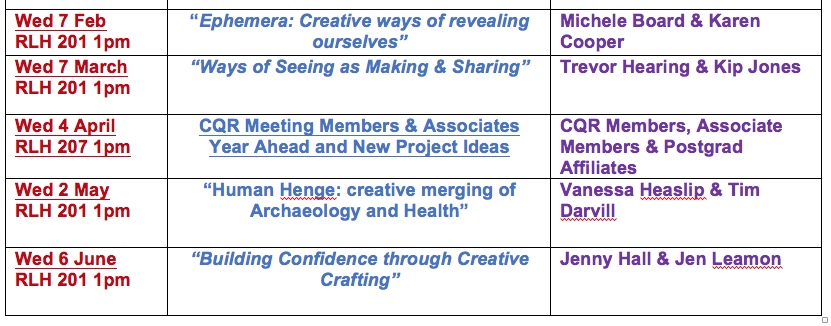After recent media exposure about overcrowding at tourist destinations and local-tourist conflict, destination authorities have sought to introduce codes of conduct across European tourist destinations. From Hvar in Croatia, towns near Amsterdam, and Venice, there is a belief that the tourism system, like the financial system, is not working for everyone. Local residents are starting to feel like they’re receiving less than they’re giving. Therefore, authorities have stepped in with codes, with the aim to assign rules to make tourists more sensitive to local residents and protect natural, cultural, historical and other resources.

Tourists planning to go to the beach

Venice Code of Conduct
Michael O’Regan, PhD from the Department of Events & Leisure, is exploring whether these codes work, and whether the introduction of these measures really protect tourism resources. Taking a critical approach, Michael argues that such codes work at different levels, from marketing strategies, as local politicians and businesses gain reputational capital by scapegoating tourists to their role in smarter governance models. Read more on the Conversation UK.
Link: http://theconversation.com/tourist-codes-of-conduct-are-a-bad-idea-heres-why-82676


 “Phenomenology or Narrative Method? Choosing one for my study”
“Phenomenology or Narrative Method? Choosing one for my study”















 From Sustainable Research to Sustainable Research Lives: Reflections from the SPROUT Network Event
From Sustainable Research to Sustainable Research Lives: Reflections from the SPROUT Network Event REF Code of Practice consultation is open!
REF Code of Practice consultation is open! BU Leads AI-Driven Work Package in EU Horizon SUSHEAS Project
BU Leads AI-Driven Work Package in EU Horizon SUSHEAS Project ECR Funding Open Call: Research Culture & Community Grant – Apply now
ECR Funding Open Call: Research Culture & Community Grant – Apply now ECR Funding Open Call: Research Culture & Community Grant – Application Deadline Friday 12 December
ECR Funding Open Call: Research Culture & Community Grant – Application Deadline Friday 12 December MSCA Postdoctoral Fellowships 2025 Call
MSCA Postdoctoral Fellowships 2025 Call ERC Advanced Grant 2025 Webinar
ERC Advanced Grant 2025 Webinar Update on UKRO services
Update on UKRO services European research project exploring use of ‘virtual twins’ to better manage metabolic associated fatty liver disease
European research project exploring use of ‘virtual twins’ to better manage metabolic associated fatty liver disease